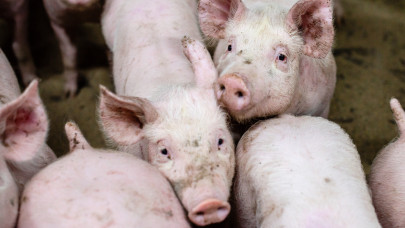What explains the recent uptick in outbreaks of Highly Pathogenic Avian Influenza?
The occurrence of highly pathogenic of avian influenza (HPAI) that we have seen this winter is not unexpected, as avian influenza (AI) viruses are brought into the European Union by migratory wild birds. These birds carry AI viruses over long distances along their migration paths and shed those viruses in the faeces and respiratory secretions that then contaminate the environment.
During the winter, the movements of wild birds increase, while the cold temperatures make it easier for these of AI viruses to survive in the environment for longer. This, therefore, increases the probability that poultry on farms will get infected.
What role does the Commission play?
The Commission has already played an important role by legislating in this area, categorising Highly Pathogenic Avian Influenza (HPAI) as a Category ‘A' disease for which immediate eradication measures must be taken as soon as it is detected.
In addition, the Commission includes the restricted zones established by the Member States affected by HPAI in poultry or captive birds in the EU zoning for HPAI. The EU zoning (separating disease-free zones from those with infection) is published in the Official Journal of the EU as emergency measures in relation to outbreaks of highly pathogenic avian influenza in certain Member States. This helps maintain the trade from free areas within the Union and prevents any unnecessary disturbance of trade with third countries that recognise the EU zoning.
A number of scientific opinions and reports in relation to avian influenza have been published by EFSA since 2005, assessing various risks linked to AI. These have all come about thanks to requests from the Commission. Furthermore, the Commission has asked European Food Safety Authority to closely follow the development of the epidemiological situation for avian influenza within the EU and worldwide, in particular with a view to describe the evolution of its spread from certain regions towards the EU.
Are you worried about the economic impact for poultry producers?
...
Full content available via the link below.
See also: Avian Influenza - questions and answers







